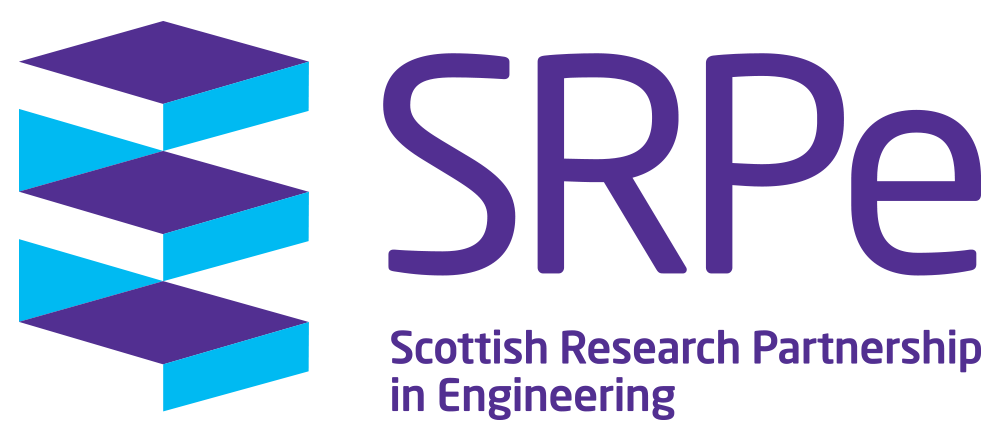Testing of Autonomous Robotic Planetary Subsurface Exploration Technologies under Martian and Lunar Environmental Conditions
PECRE Award Holder: Ryan Timoney, University of Glasgow
Exchange Host: RWTH Aachen University, Germany
The future exploration of our Solar System shall see mankind utilise robotic rovers and landers in order to examine the subsurface of our planetary neighbours, both in search of answers to the questions underpinning our own existence and as trail-blazing precursors to future manned exploration. The robotic technology required to pursue these goals is currently under development, but the challenges faced in the design of suitable drilling and excavation systems are numerous.
The sheer isolation of these robotic systems, separated by their operators on Earth by tens of millions of kilometres, and the subsequent light speed delays involved, necessitates the development of systems that are fully autonomous and capable of reacting to changing conditions and faults without human intervention. Furthermore, operation within the tenuous atmospheres of the targeted planetary bodies, and the exposure of these systems to temperatures within the cryogenic range require the robotic drilling technologies to be extremely robust and hardened for operations in such environments.
While it is possible to test such hardware in Earth’s extreme environments, such as those found in the polar regions and deserts, these test locations cannot provide us with the extremely low temperature and pressures which would be experienced on other worlds. In order to simulate these conditions, designers must seek an artificial means of replicating these harsh environmental conditions in the laboratory through the use of a thermal vacuum chamber. These chambers are essentially large pressured vessels that can be pumped down to a near vacuum and are often equipped with a means of active cooling using liquid nitrogen. While these ‘Mars on Earth’ chambers do not exist in the UK, sourcing a facility which is tall enough to accommodate our drilling rigs, and one which does not place any restrictions on how clean the chamber must be kept during operation, has meant that the only facility in Europe capable of accommodating the hardware is at RWTH Aachen University, Germany.
Assisted by the generous funding of the SRPe PECRE programme, the team at Glasgow seeks to test our cutting edge drilling hardware in collaboration with academics in Aachen to advance the maturity of our technologies and further enhance European capabilities within the field of space exploration.
